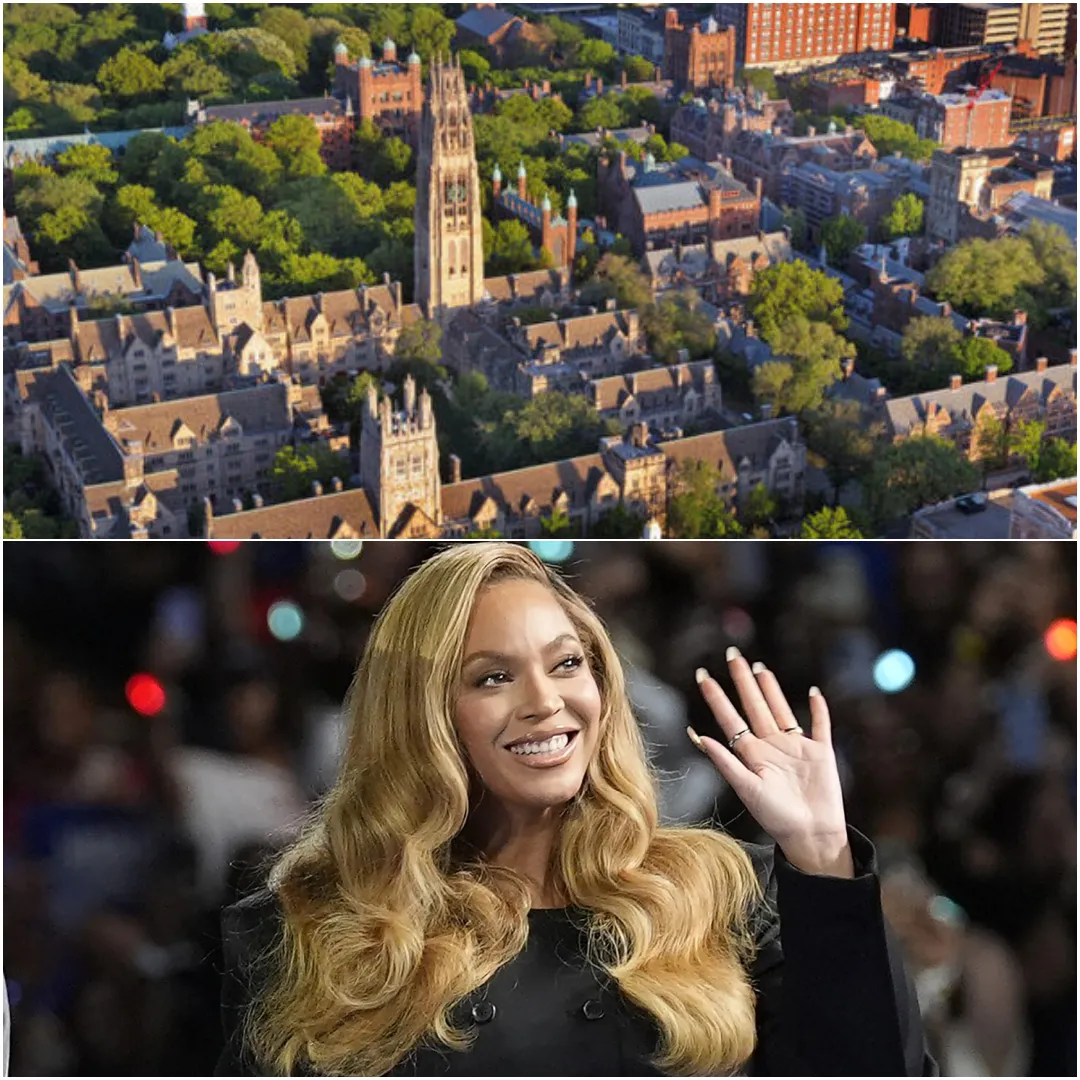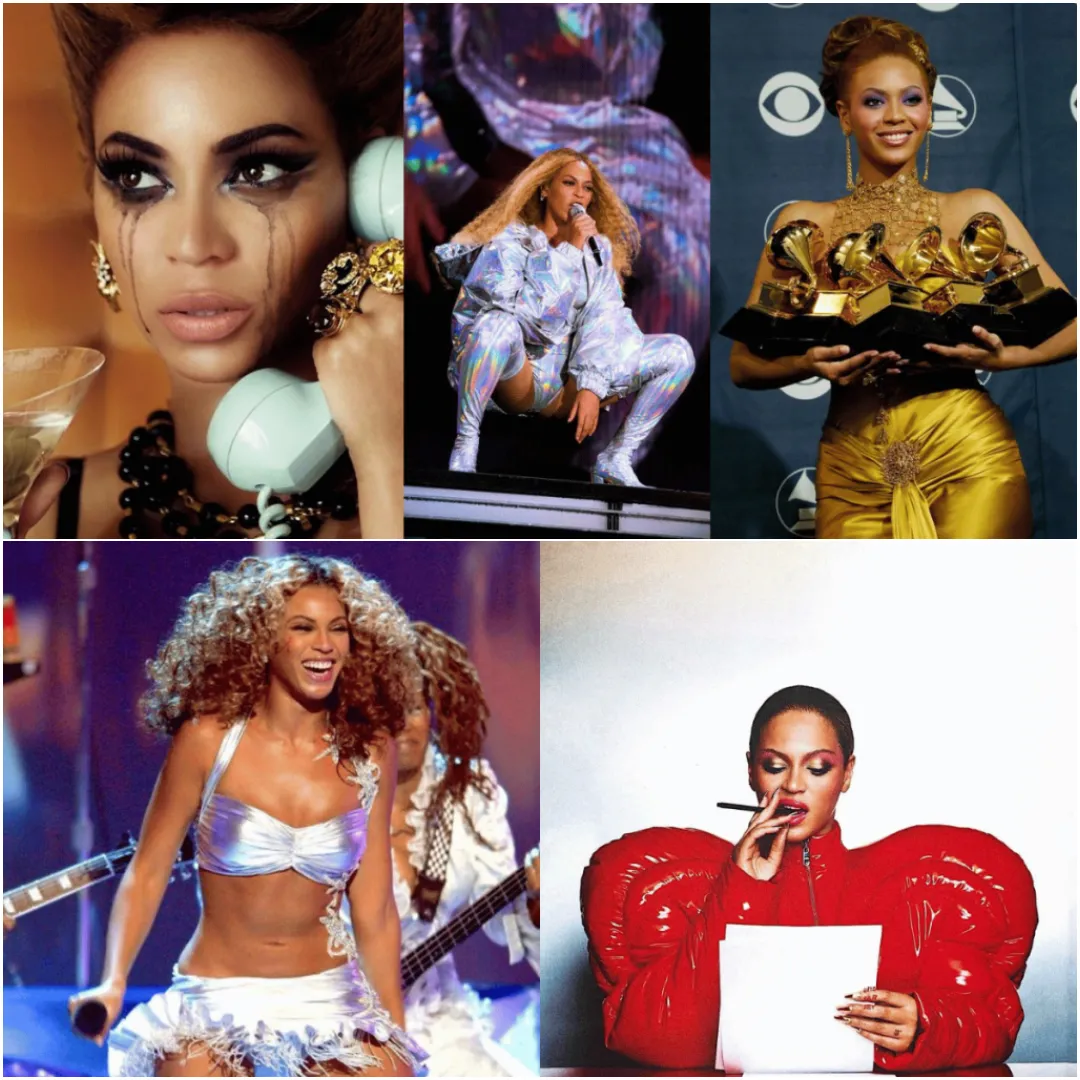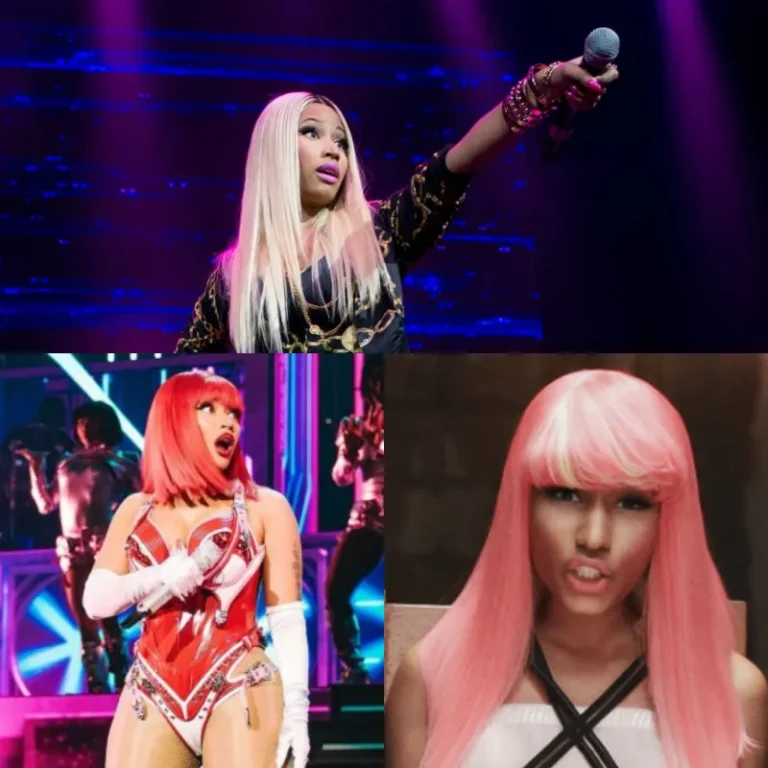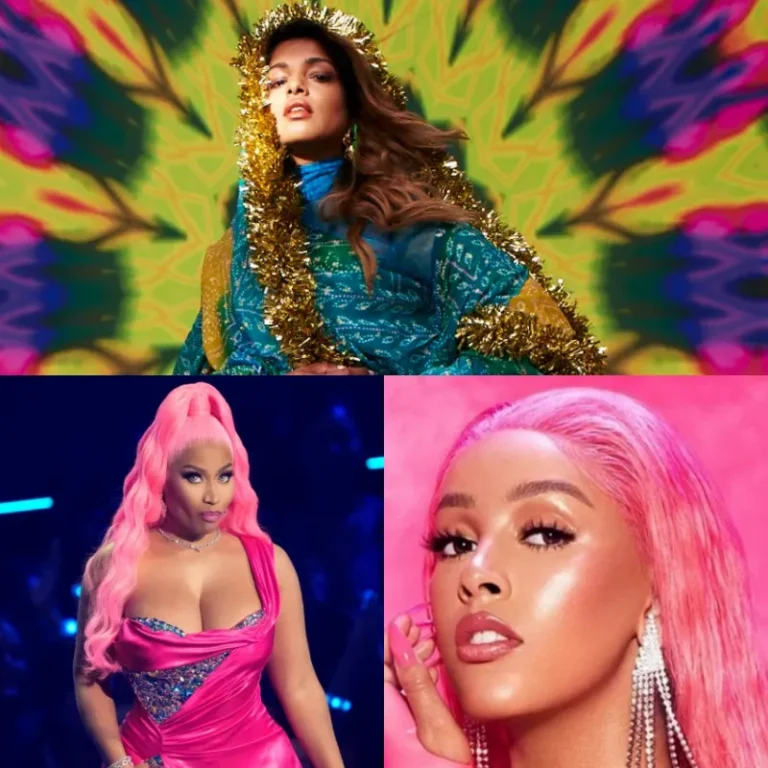
In an exciting academic development, Yale University will soon offer a unique course titled “Beyoncé Makes History: Black Radical Tradition, Culture, Theory & Politics Through Music.” This course will delve into the remarkable legacy of pop superstar Beyoncé and her impact on culture, politics, and social ideologies. With 99 Grammy nominations and an undeniable influence in the music industry, Beyoncé’s work from 2013 to the present will serve as a powerful tool for students to explore important themes in Black intellectual thought and social movements.
Course Focus: Beyoncé’s Influence on Social and Political Ideologies
Led by Professor Daphne Brooks from Yale’s African American Studies department, the course will analyze Beyoncé’s albums—from her self-titled 2013 project to the recent “Cowboy Carter.” According to Brooks, Beyoncé’s music has created a dynamic platform to address Black feminist thought, social justice movements like Black Lives Matter, and Black radical intellectual tradition. Through this one-credit course, students will have the opportunity to examine how Beyoncé’s artistry raises awareness on issues such as race, gender, and sexuality within the historical context of African-American experiences.

Brooks explained, “We’re going to be taking seriously the ways in which the critical work of some of our greatest thinkers resonates with Beyoncé’s music, and thinking about how we can apply their philosophies to her work.” The course aims to bridge the gap between popular culture and intellectual history, examining how Beyoncé has sometimes both aligned with and diverged from traditional Black radical thought.
Academic Impact: Beyoncé as a Cultural “Portal”
The course will incorporate live performance footage, album analyses, and academic readings on notable Black thinkers, including Frederick Douglass and Toni Morrison. Brooks describes Beyoncé’s music as a “portal” for students to gain a broader understanding of Black intellectual and cultural history. She credits Beyoncé for being a unique artist who uses her platform to raise awareness on political ideologies through multimedia storytelling.
According to Brooks, Beyoncé’s work stands out because she has invited grassroots activists into her album projects, presenting powerful narratives that encompass 400 years of African-American history. Brooks explained, “She’s a fascinating artist because historical memory and the impulse to archive that memory are just all over her work.”
Beyoncé Joins Other Stars in Academia
Beyoncé isn’t the first artist to be featured in a college course. Classes on artists like Bob Dylan and Taylor Swift have explored the cultural influence of their lyrics and impact on society. Recently, some professors have used Taylor Swift’s work to engage students in real-world legal concepts. However, Brooks believes Beyoncé is in a league of her own due to her multifaceted approach to music and social activism.

Other universities have also incorporated Beyoncé’s contributions into their syllabi, recognizing her role in popularizing discussions on feminism, social justice, and African-American heritage through her art. Brooks previously taught a similar course on Black women in popular music culture at Princeton University, where students were especially enthusiastic about the section dedicated to Beyoncé.
Limited Enrollment, High Demand
While Professor Brooks anticipates high demand, she plans to keep the course size small to ensure an intimate, discussion-based environment. For those lucky enough to enroll, this course promises an immersive experience—but students shouldn’t expect to see Queen Bey herself. “If she were on tour, I would definitely try to take the class to see her,” Brooks quipped.
In “Beyoncé Makes History,” Yale students will explore how this iconic performer has not only influenced music but has also left an indelible mark on Black radical tradition and cultural consciousness. Through this innovative course, Yale offers students a unique way to connect with Black intellectual history and the evolving relationship between music and social change.




